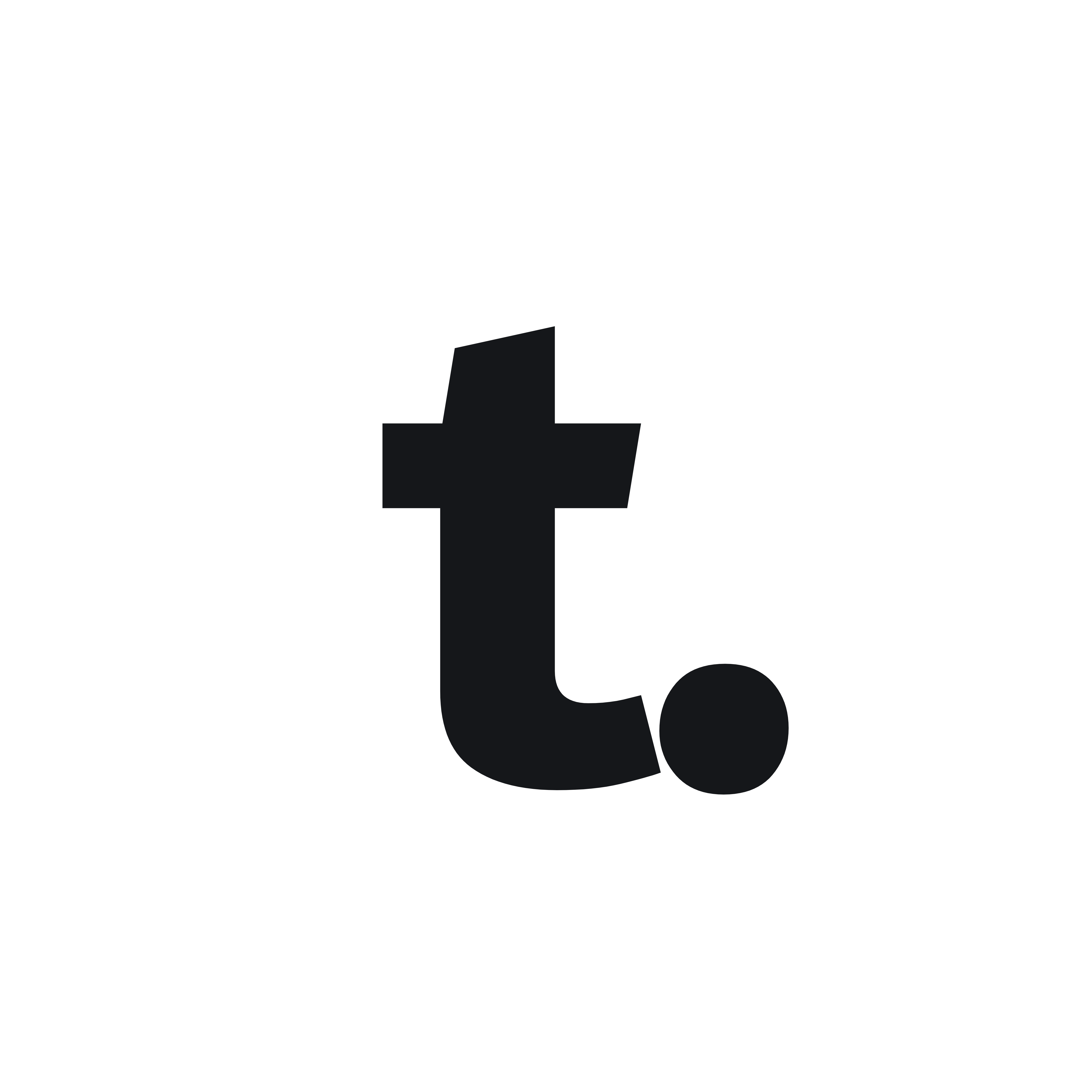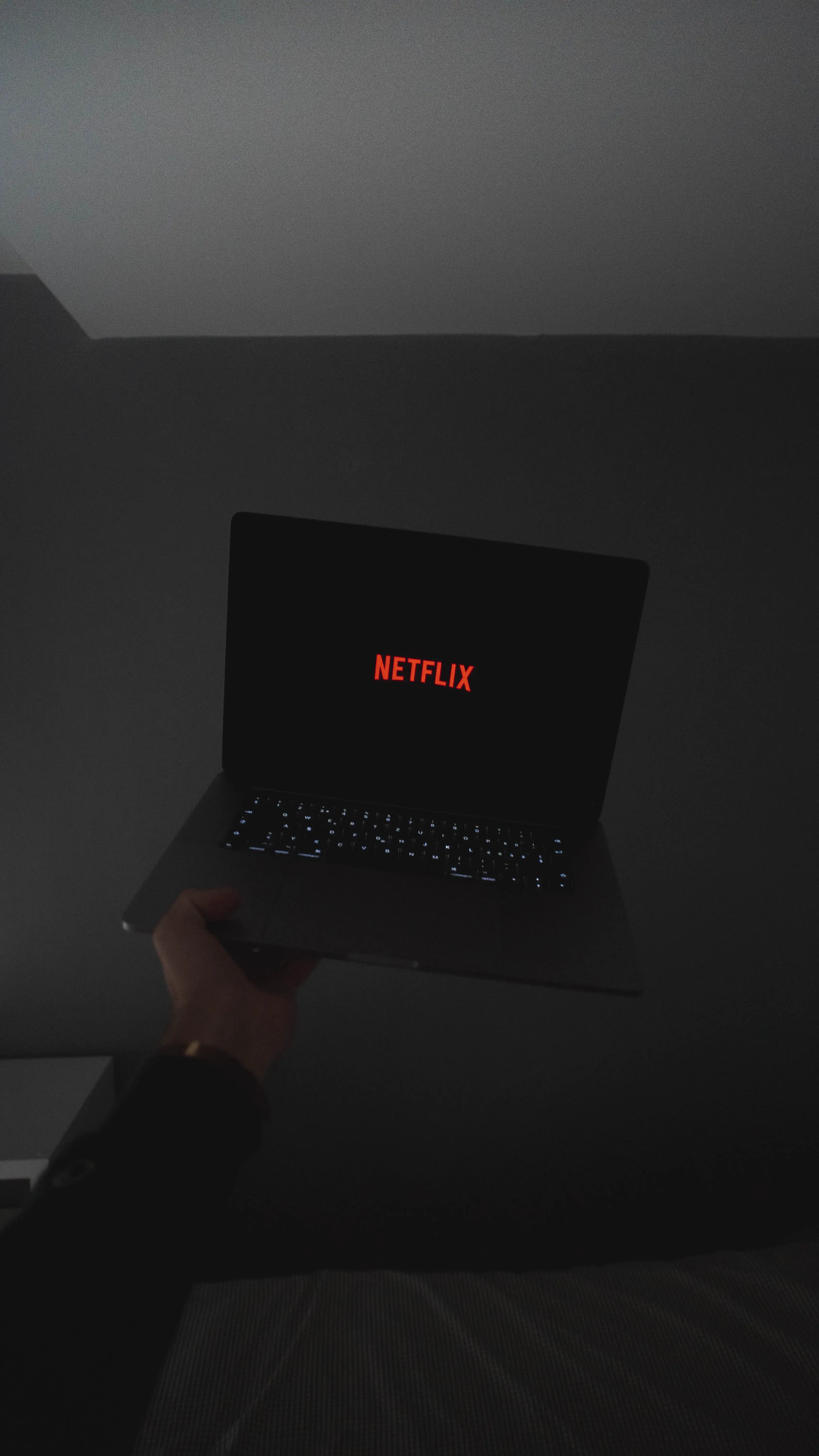How to Minimize Distractions
 Skyler
Skyler
Minimizing distractions is critical for maximizing your productivity and maintaining good well-being. In this article, I will discuss the best ways to reduce distractions and create an environment to get tasks done.
Implementing these techniques will support sustained attention and goal achievement. While conscious effort is required, the rewards of increased productivity make it worthwhile.
Identify Major Sources of Distraction
The first step in minimizing distractions is to identify them. Some common internal distractions include:
Wandering Thoughts
Our minds tend to worry about things we need to do or events in our lives. A great way to regain your attention is practicing mindfulness exercises like focused breathing. If you are interested in learning more about mindfulness and reducing stress, check out How Being Mindful Improves Your Life.
Feeling Tired or Hungry
Take care of yourself by getting enough sleep, eating healthy, and staying hydrated. Being well-rested will energize you and improve your concentration.
Feeling Bored or Unmotivated
Try breaking large tasks into smaller chunks to keep things interesting. Also, remember the motivation behind why you are doing what you are. Take a quick break or go outside if you are feeling stuck.
Summary:
There are a few major sources of distraction. Some include wandering thoughts, feeling tired or hungry, and feeling bored or unmotivated. A great way to regain your attention is practicing mindfulness exercises like focused breathing. Try breaking large tasks into smaller chunks to keep things interesting.
Turn off Notifications
One of the most effective ways to reduce distractions is to turn off notifications on your devices. Disabling alerts for calls, messages, and apps will minimize distraction and allow you to focus on your task. Finding a quiet space away from noise and conversation may also help you work efficiently without disruptions.
Turn off Notification Badges and Sounds
Consider turning off notification badges and sounds. The visual and audio cues can distract you even if you don't check the notification.
Disable Lock Screen Notifications
When your device is locked, you won't see notifications appear and may be less tempted to check them.
Setup Focus Modes
If you cannot disable notifications fully, set up schedules or focus modes to only receive important alerts during work.
Let People Know
Let people know you have notifications silenced. Inform friends and family that you will have limited availability to respond to messages immediately. That way, they will not assume you are ignoring them if notifications are off.
Summary:
There are several strategies to help you minimize distractions and improve focus, like turning off notification alerts on devices, disabling notification badges and sounds, turning off lock screen notifications, and setting up focus modes to only receive important alerts.
Find a Quiet Space to Work
Identify a room or area that is free of noise and distractions, for example, a spare room or an empty office. Clear the space of clutter and unnecessary items. Find a spot with natural light to help improve your focus. A dedicated workspace can help train your mind to focus once you enter the area.
If you cannot find a dedicated space for your work, try to find a quiet corner of your home. Having a door that closes or creates separation can be helpful. The most important thing is finding a space that makes you feel comfortable and focused. Personalizing the area with plants, art, or other decor that inspires you may increase your productivity and satisfaction.
Let People Around You Know You Are Working
Be sure to communicate your availability and any boundaries you would like to set. For example, ensure family members know your work hours. If you are working from home, ask others to avoid making loud noises. Place a note around you that indicates you are working and do not wish to be disturbed. Setting clear expectations will help minimize interruptions and allow you to focus.
Take Frequent Breaks
Breaks can help reduce distraction, fatigue, and stress. Stepping away from work for a few minutes will improve your cognitive performance and creativity. Even brief breaks are beneficial, so scheduling regular breaks is a simple yet effective technique to maximize your time and well-being.
Here are some effective break activities:
Go for a quick walk around the block or your office/home. Getting fresh air and light exercise is rejuvenating.
Do some gentle stretches or yoga poses. Releasing physical tension may help you relax and refocus.
Make a cup of tea or enjoy a healthy snack. Light sustenance provides energy for your brain and body to keep working productively.
Read an inspiring or enjoyable book for a few minutes. Reading serves as an escape from your to-do list and work, giving your mind a chance to wander.
Listen to calming music. Soothing instrumentals or nature sounds help calm a racing mind and decrease stress hormones.
Do a mindfulness exercise like focused breathing. Spending a few minutes practicing awareness of your breathing draws attention away from distractions and sharpens concentration.
The more you practice taking regular breaks, the more you will notice the benefits. Even with busy schedules, making time for periodic breaks is worth the investment.
Reward Yourself
Taking the time to recharge by engaging in a fun task will help renew your focus and motivation to continue working. Rewarding yourself in small ways for even the little wins keeps will help you stay motivated.
Conclusion
Identifying and minimizing major distractions, finding a quiet space to work, communicating your availability to others, and taking regular breaks, can drastically improve your focus and productivity. Making a habit of these techniques will help you support sustained focus and achieve your goals. While it takes effort, the rewards of decreased distraction and increased efficiency are worth it.
Subscribe to my newsletter
Read articles from Skyler directly inside your inbox. Subscribe to the newsletter, and don't miss out.
Written by
